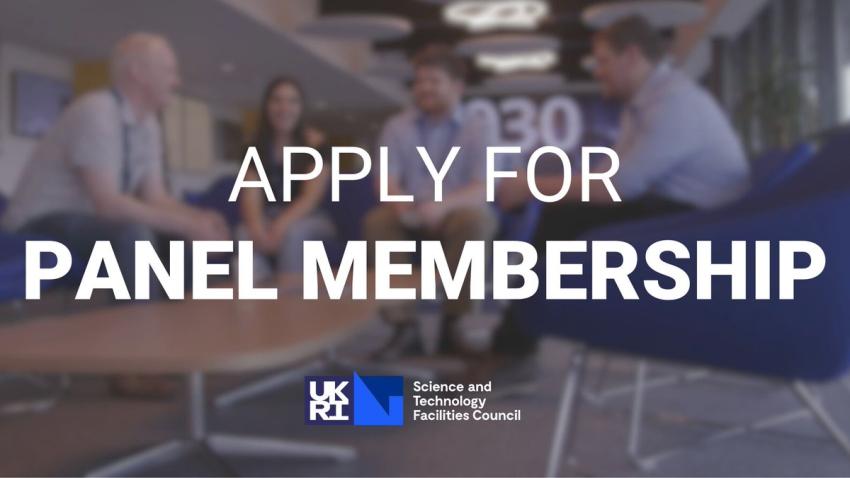Scientific minds from across the spheres of astronomy, physics and space science are being called on to help shape the future of science at home and abroad.
The Science and Technology Facilities Council (STFC) is looking for panel and committee members to provide advice and support decision making within the scientific community, while also playing a role in developing and delivering national and international science programmes.
The STFC is encouraging everybody to apply, whether from academia, government, industry or charities that are relevant to its grant programmes.
Members have the opportunity to influence the agency’s strategy, policies and funding decisions.
They also act as a sounding board to guide the STFC on how best to support research and innovation within the UK.
“Members will also be able to expand their professional networks and explore a wide range of challenges related to investment in UK science and engineering,” the agency said in a call for applicants.
It is looking for a “range of representation and experiences”, with a key focus on “promoting equality, diversity and inclusion and the diversity” of its panels.
Every year, a number of vacancies become available on the STFC’s advisory bodies and peer review panels, which is the agency says are “vital” in providing advice and guidance that “aids our strategic direction and supports our decision-making processes”.
“We would like to encourage everyone to consider this opportunity,” the STFC said.
“The specific requirements for each vacancy are listed, and all applications will be assessed via an appropriate review process. Applications will be assessed on the evidence presented in the application.
“We are seeking applications from academia, government, industry, the ‘third sector’ or civil society communities (including charities) relevant to STFC’s grant programmes, and from the communities supported by STFC facilities.”
The agency added that it was also looking for early career candidates to apply for certain vacancies.
How to apply
1. Visit https://www.ukri.org/about-us/stfc/how-we-are-governed/advisory-boards/call-for-applications/
2. Check the specific details for the panel, committee and board vacancies before deciding which to apply for.
3. Read the application guidance documents, which include:
- a preview of the application form
- questions and answers from a webinar held in 2021
- testimonies from members of STFC panels, boards and committees
4. Apply using the online form: Apply for membership of STFC advisory bodies and peer review panels 2024.
Closing date for applications is 20 May 2024.
Media contacts
Sam Tonkin
Royal Astronomical Society
Mob: +44 (0)7802 877700
Robert Massey
Royal Astronomical Society
Mob: +44 (0)7802 877699
Images and captions
Caption: The Science and Technology Facilities Council (STFC) is looking for panel and committee members to provide advice and support decision making within the scientific community, while also playing a role in developing and delivering national and international science programmes.
Credit: STFC
Notes for editors
About the Royal Astronomical Society
The Royal Astronomical Society (RAS), founded in 1820, encourages and promotes the study of astronomy, solar-system science, geophysics and closely related branches of science. The RAS organises scientific meetings, publishes international research and review journals, recognises outstanding achievements by the award of medals and prizes, maintains an extensive library, supports education through grants and outreach activities and represents UK astronomy nationally and internationally. Its more than 4,000 members (Fellows), a third based overseas, include scientific researchers in universities, observatories and laboratories as well as historians of astronomy and others.
The RAS accepts papers for its journals based on the principle of peer review, in which fellow experts on the editorial boards accept the paper as worth considering. The Society issues press releases based on a similar principle, but the organisations and scientists concerned have overall responsibility for their content.


